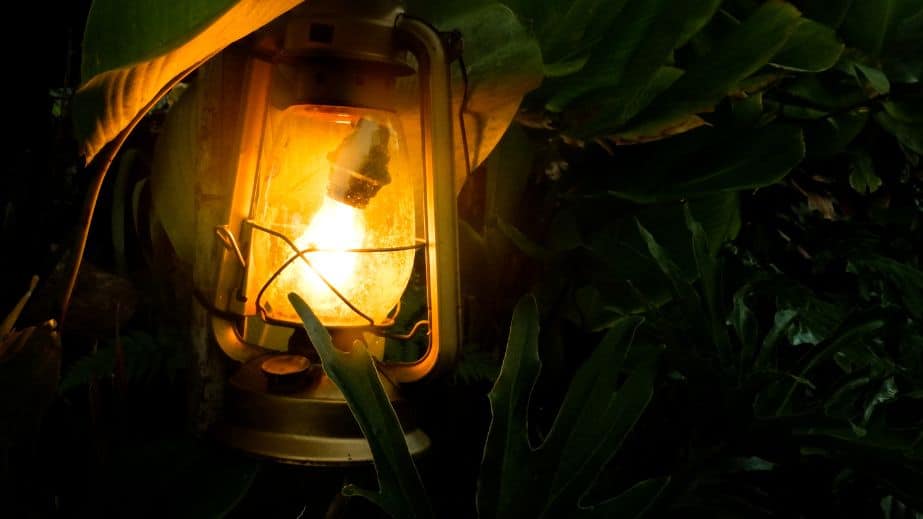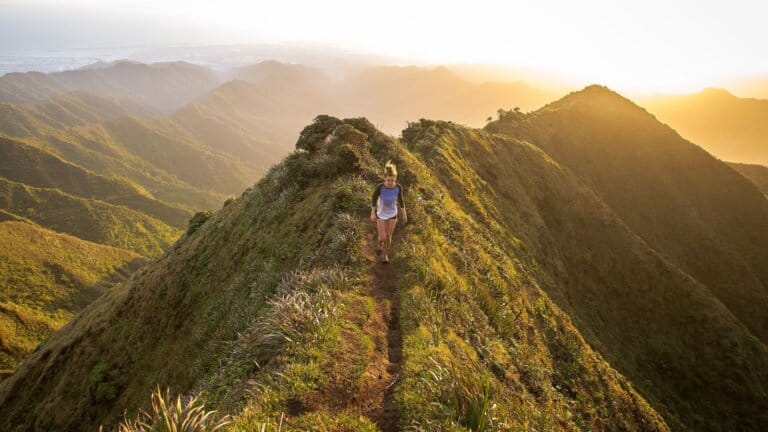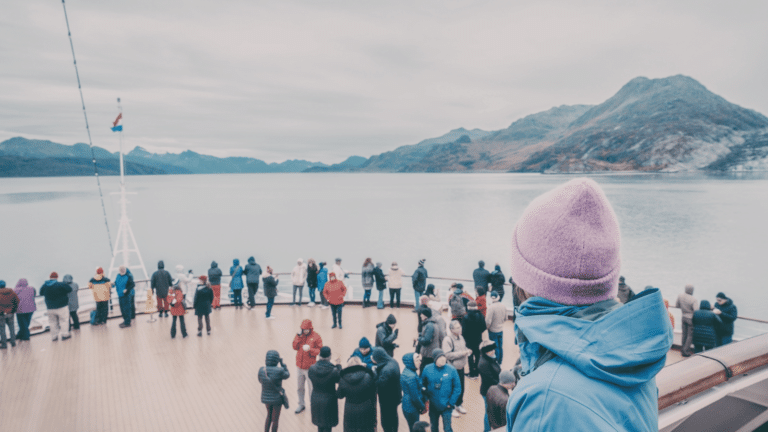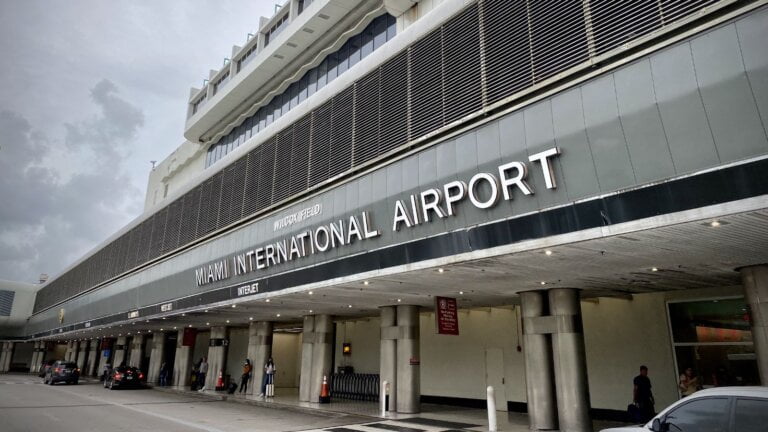15 Common Mistakes Every Camper Should Avoid
A report from Statista quotes that more than 50 million US Americans went camping in 2022 and 2023. Camping is a recreational activity where one gets into nature and ‘escapes’ the day-to-day treadmill of chores. Surprisingly, even the most veteran campers can encounter critical errors that make camping a stressful ordeal instead of a pleasant break.
Not making these seemingly minor mistakes will enhance your camping trip and guarantee your safety in the wilderness. Here are 12 mistakes you should avoid at all costs during and before camping.
Choosing the Wrong Campsite
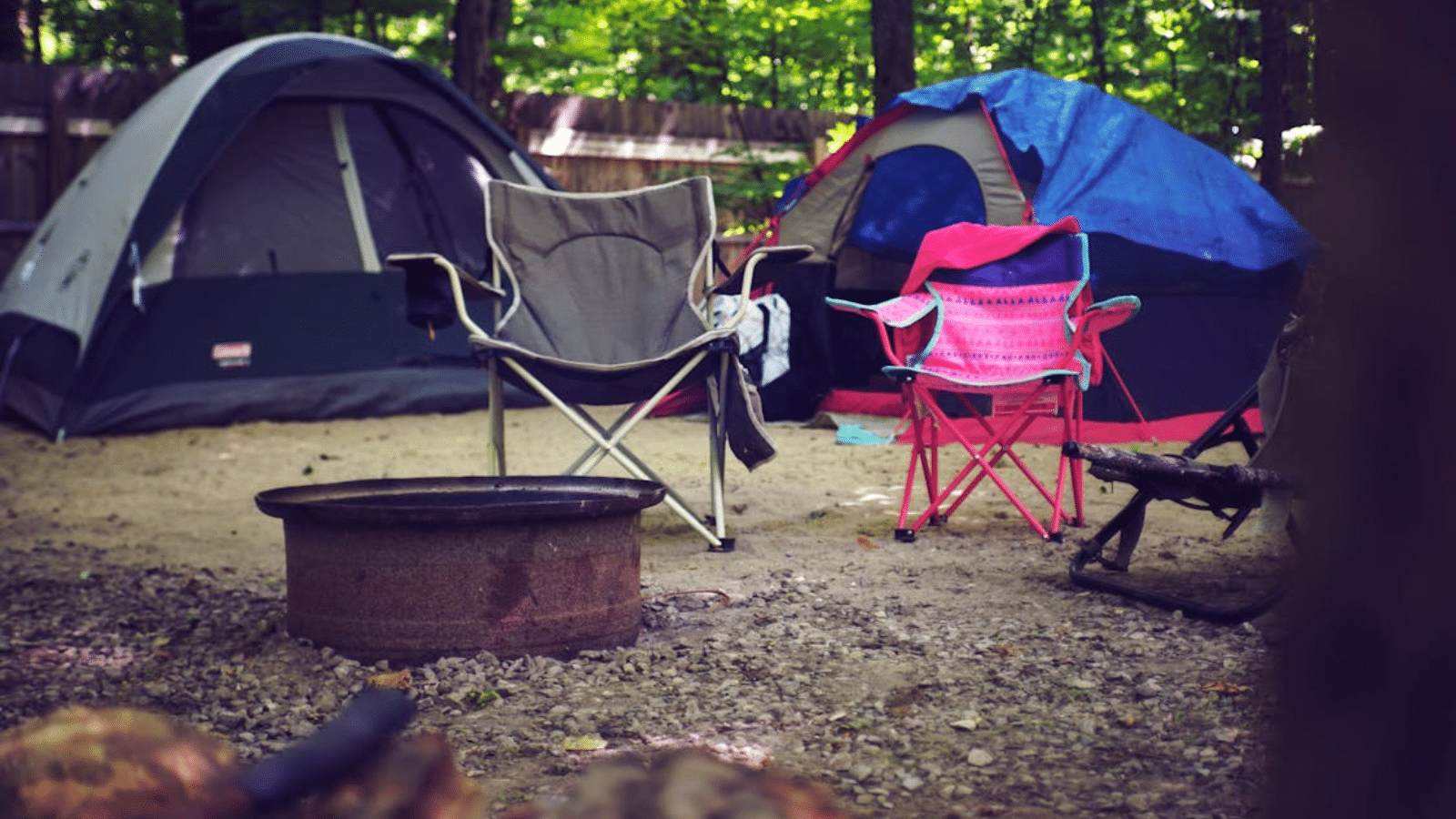
Selecting a poor campsite can put you at risk of environmental hazards, including flooding and falling debris, like tree branches and sometimes falling on the ground. Wolters Kluwer notes that 8% fatal injuries to children are the result of falls.
Ignoring Weather Conditions
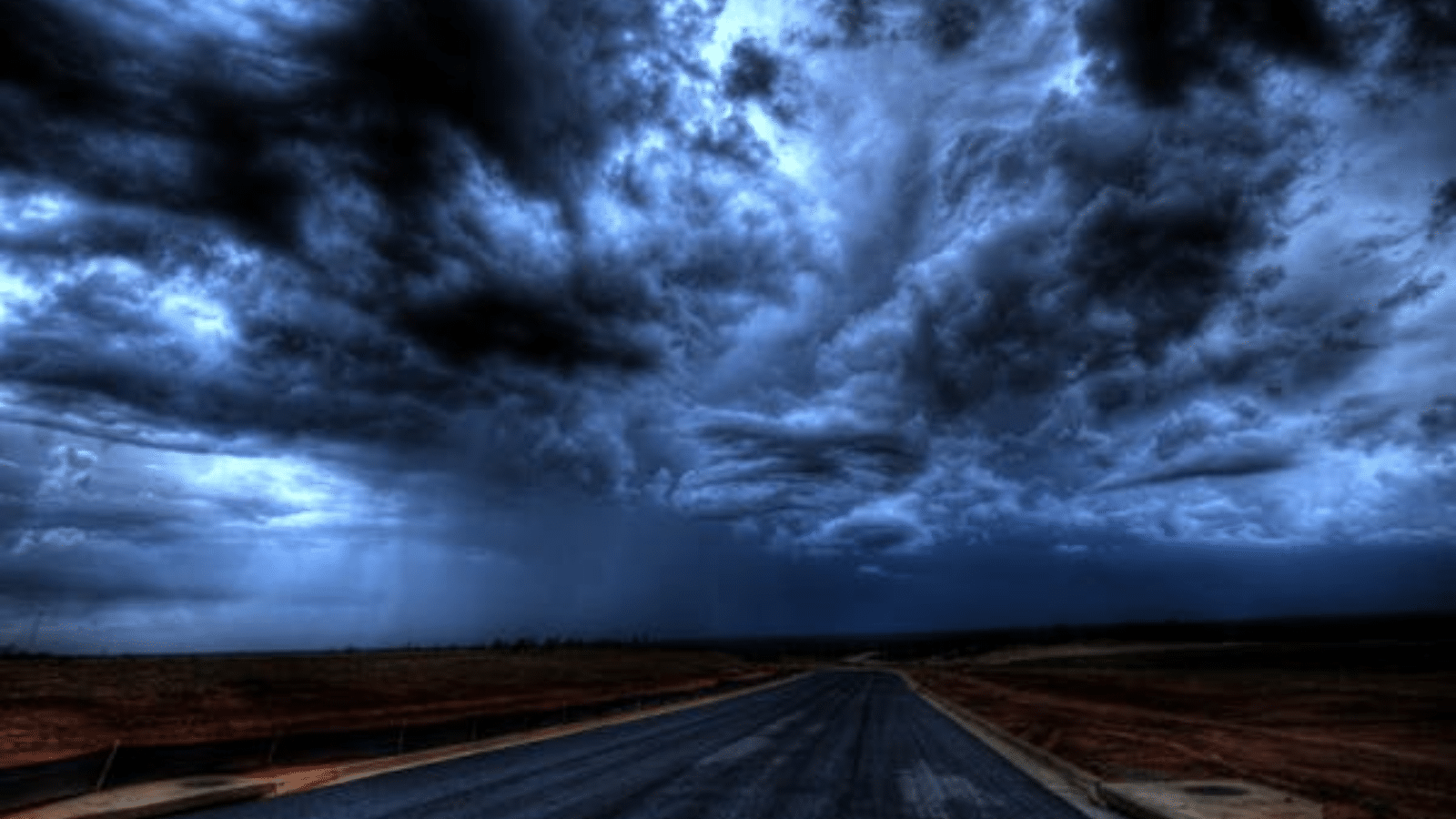
Weather patterns are unpredictable. Use tools like AccuWeather to determine the weather at your chosen camping destination. Some weather forecasting apps provide temperature and an air-quality index, which will help you plan accordingly.
Overpacking or Underpacking Gear

If you overpack and lug every possible item up to your campsite, you’ll find it increasingly difficult to make your way. Conversely, underpacking will leave you with no extra room for inevitable items you forgot on your checklist—such as sufficient food or a sleeping bag. Create a checklist and tally up each essential item you will need: a tent, sleeping bag, food, water purification tools, and a first-aid kit.
Improper Tent Setup

The tent is your home in the woods and a wrongly put-up tent results in an uncomfortable and possibly dangerous camping experience. A rookie camper might need to properly fasten their tent or pick a bad area to pitch. Practice pitching your tent at home before a trip. Put it on level ground, stake it down, and avoid catastrophic hazards such as heavy tree limbs or flooding grounds.
Not Testing Equipment Beforehand

The last thing you want is to be in the middle of nowhere with tents that don’t have sap, stoves that won’t ignite, or lanterns that fail to glow. Try out major gear ahead of your trip, especially your tent, cook equipment, and light sources.
Forgetting to Check for Fire Bans
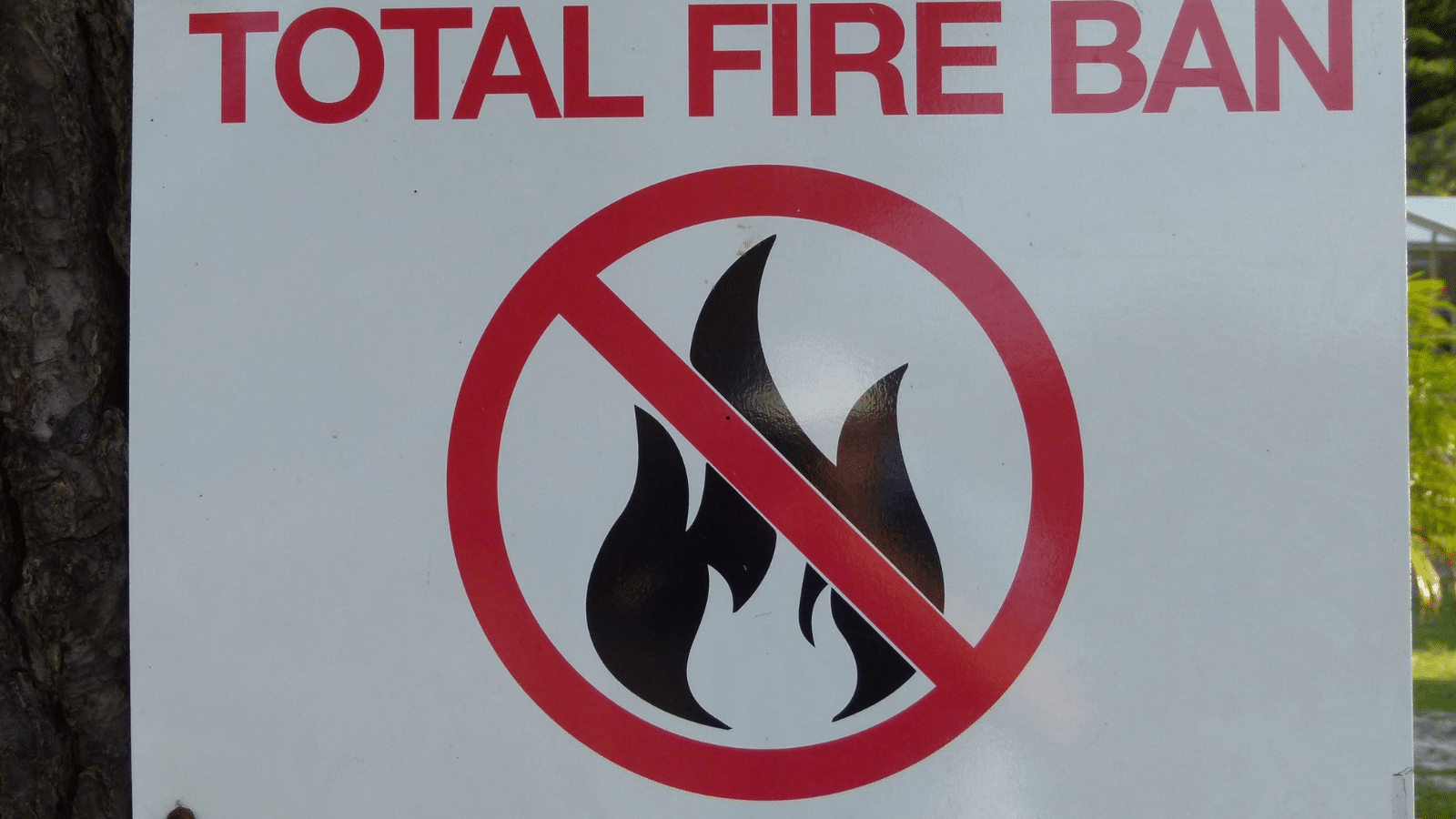
Most fire bans are imposed to prevent wildfires and can be overlooked at your peril—ignoring fire bans is illegal and can also be deadly. Moreover, if a fire ban is in place, cooking your dinner over an open fire will not be an option. Many alternative cooking devices, such as portable camp stoves and even battery thermo-electric heaters, are available.
Neglecting Food Safety

Improper storage and handling of food items promotes spoilage and attracts wildlife. To prevent this, store food in sealed containers and coolers and adhere to good cooking safety practices to avoid food contamination. Maintaining a clean campsite and good hygiene practices helps reduce the risks of foodborne illnesses like cholera.
Poor Campfire Safety Practices
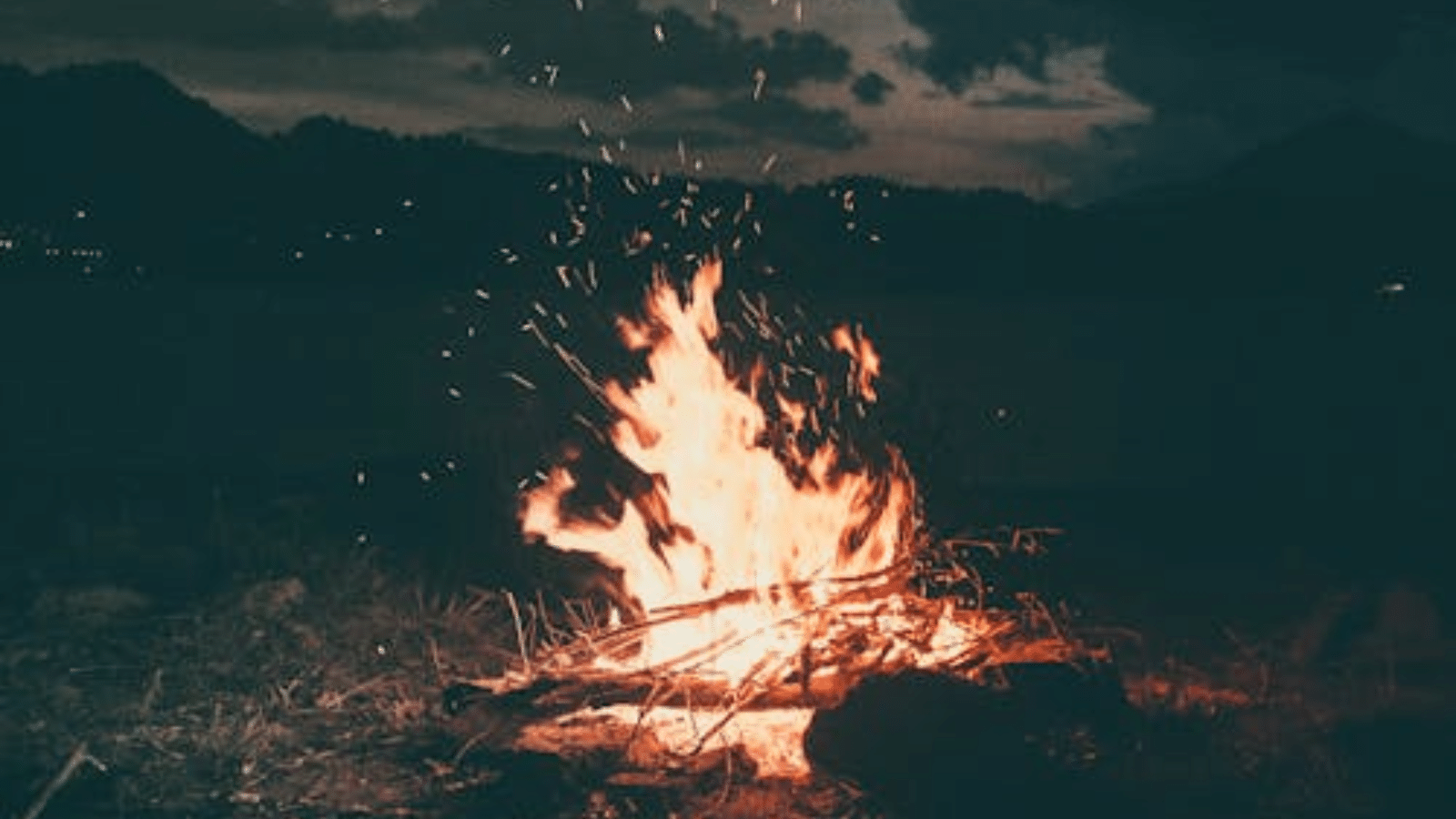
A report in the Washington Post reveals that campfires have been the leading cause of wildfire in the United States, accounting for 30% of fires occurring on U.S. Forest Service land every year during the past 10 years. Campfires can cause wildfires because they can be started in the wrong condition and aggregate, not be shut off carefully when people leave, and bring bursts to the woods.
Several rules apply to setting up a safe campfire. Never set a campfire with flammable materials or leaves on the ground. It should be set up in a fire ring only. You should never leave a campfire unattended. Before starting a campfire, common fire safety violations and their consequences should be known to ensure a safe and responsible experience.
Failing to Plan for Waste Disposal
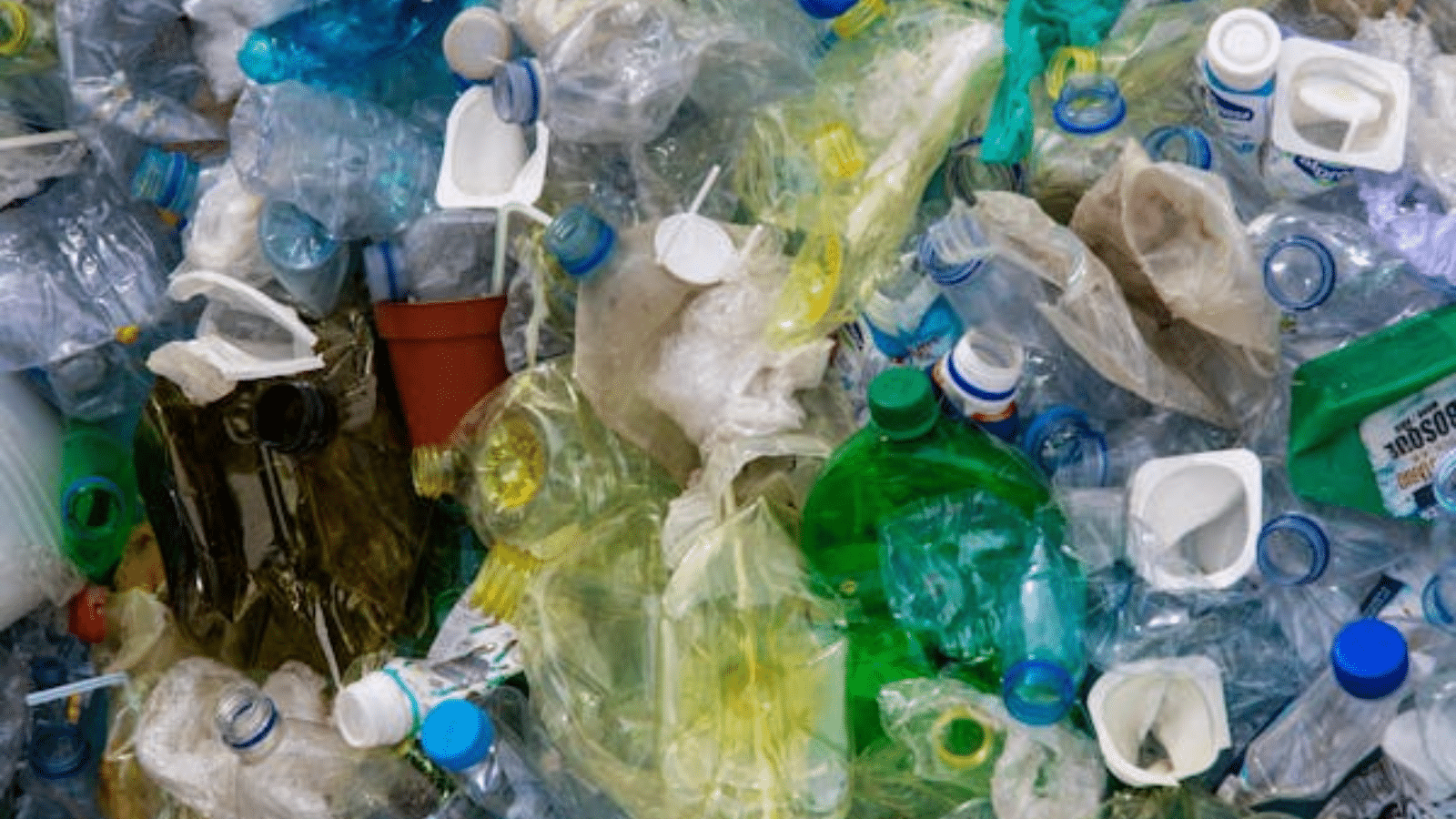
Waste disposal refers to removing or recycling unwanted materials, such as used products, to conserve the environment. You should plan how to dispose of food remains to avoid littering the environment.
Disregarding Wildlife Precautions

Mistreating wildlife is against the law. You are not supposed to feed animals or leave food unattended. Still, you should store food properly, including in bear-resistant containers where applicable, and suspend it away from your tent if possible.
Lack of Navigation Skills

Relying only upon smartphones or other GPS devices for directions can be dangerous, especially in remote areas with slow reception. Basic map and compass reading skills are essential before hiking in unfamiliar terrain.
Underestimating Water Needs
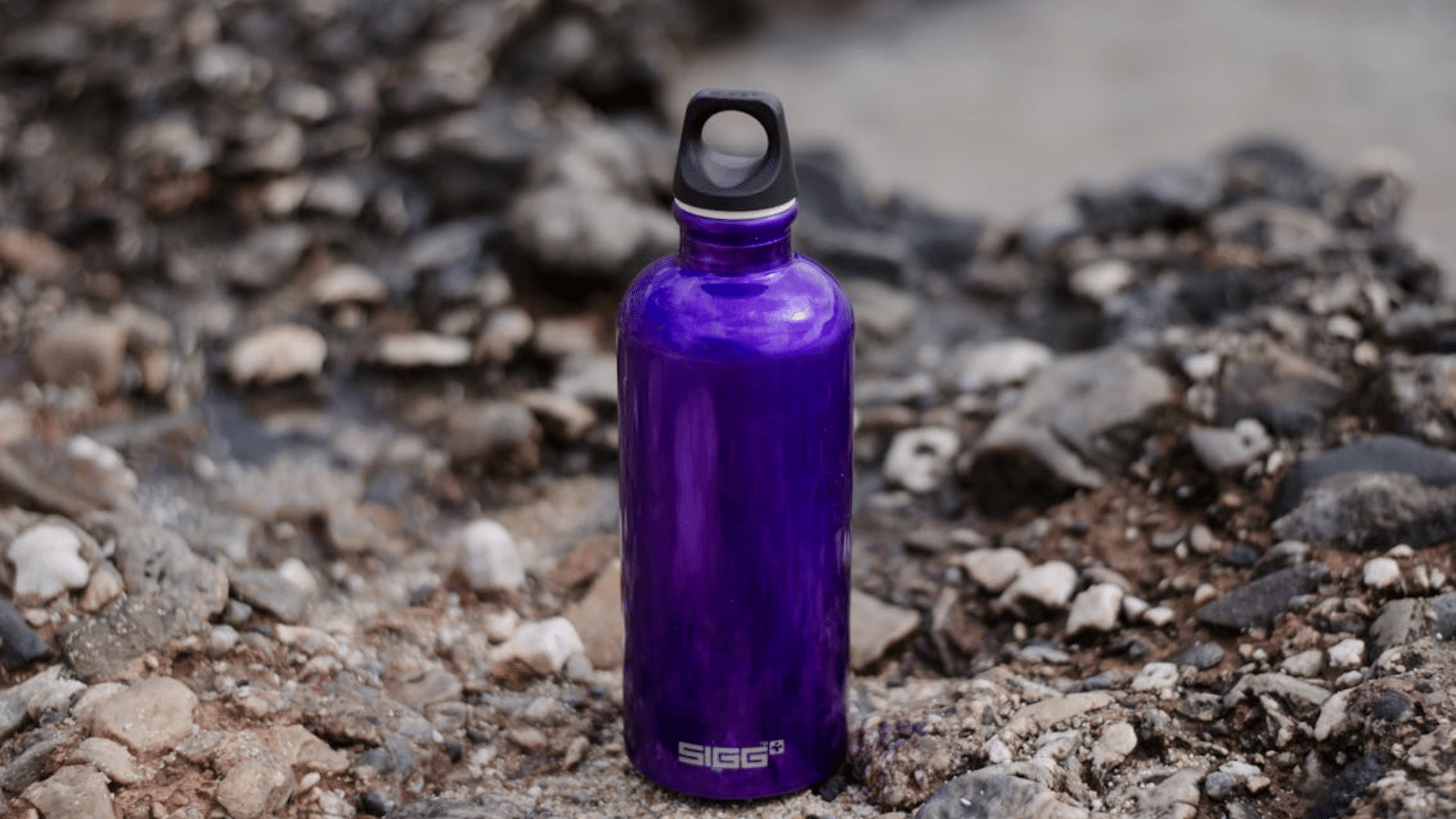
It would help if you were hydrated properly while camping. Carry enough water to last the duration of your stay, and carry purification devices like filters to help purify drinking water.
Skipping First-Aid Preparedness
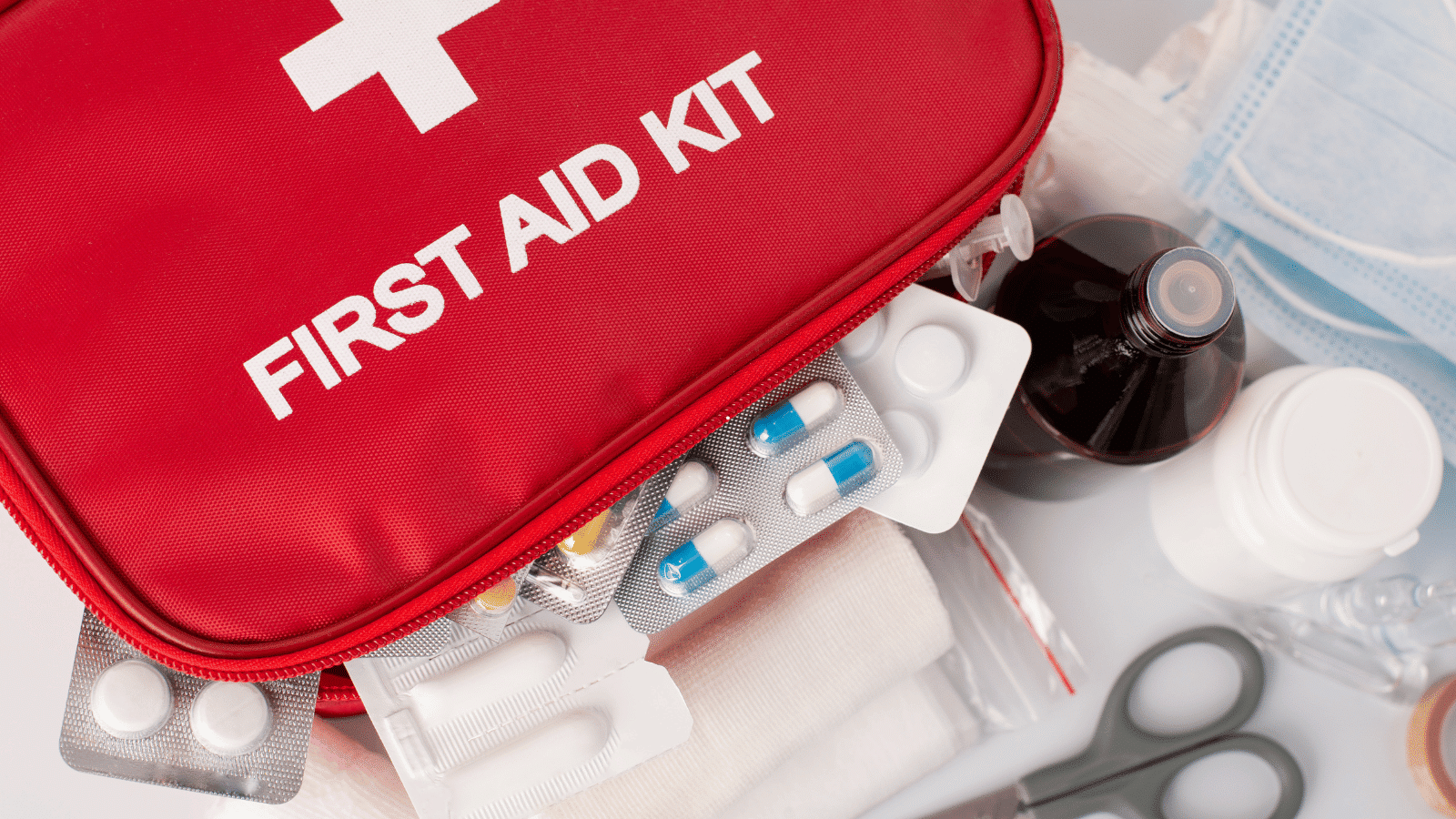
First aid kits, such as bandages, antiseptics, and painkillers, are a must during camping. These kits can treat minor injuries that may occur.
Not Leaving an Itinerary with Someone
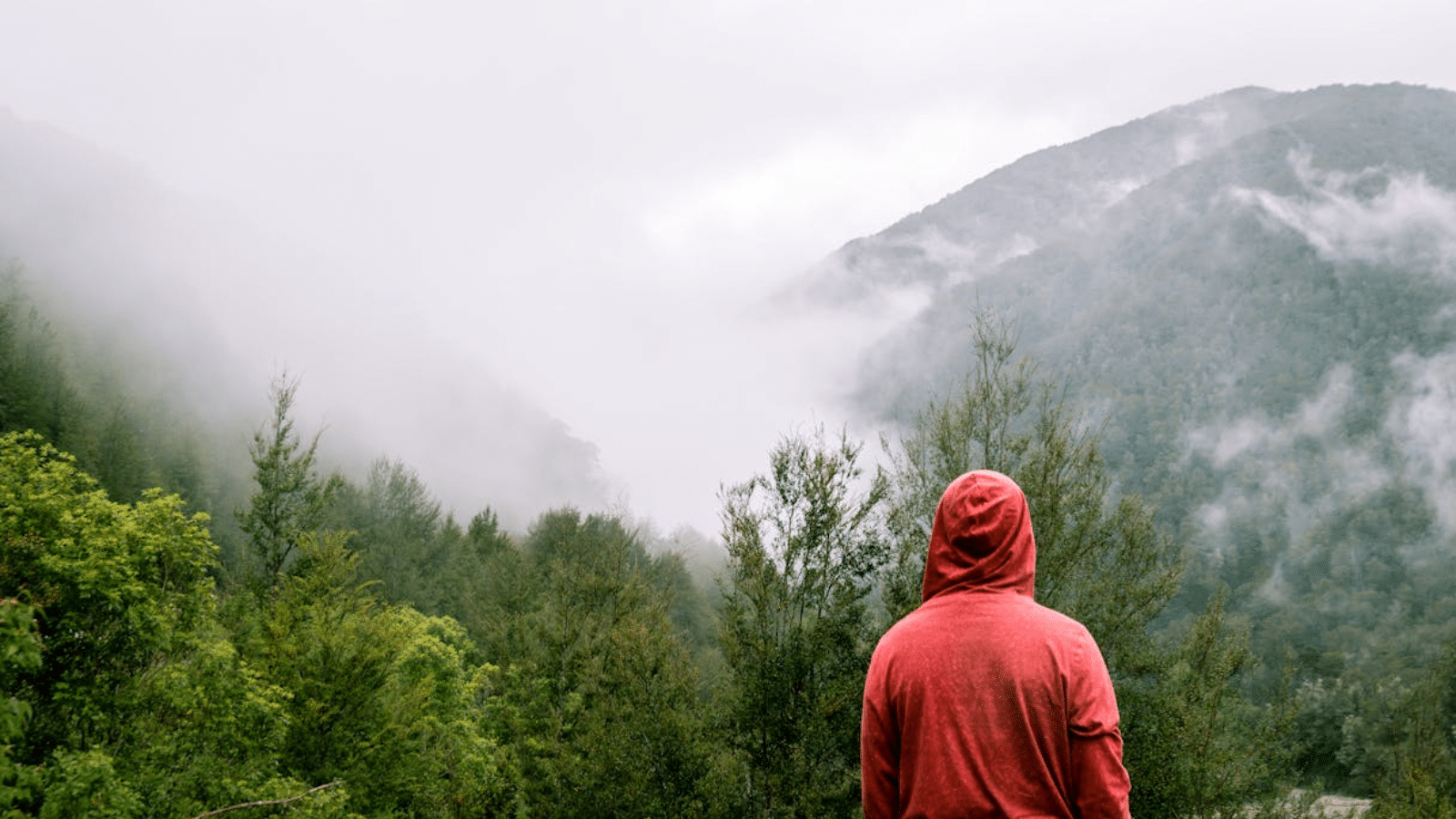
Leave a note behind or tell someone about your whereabouts and when you expect to return. This will help them trace you in an emergency or when you fail to turn up as expected.

